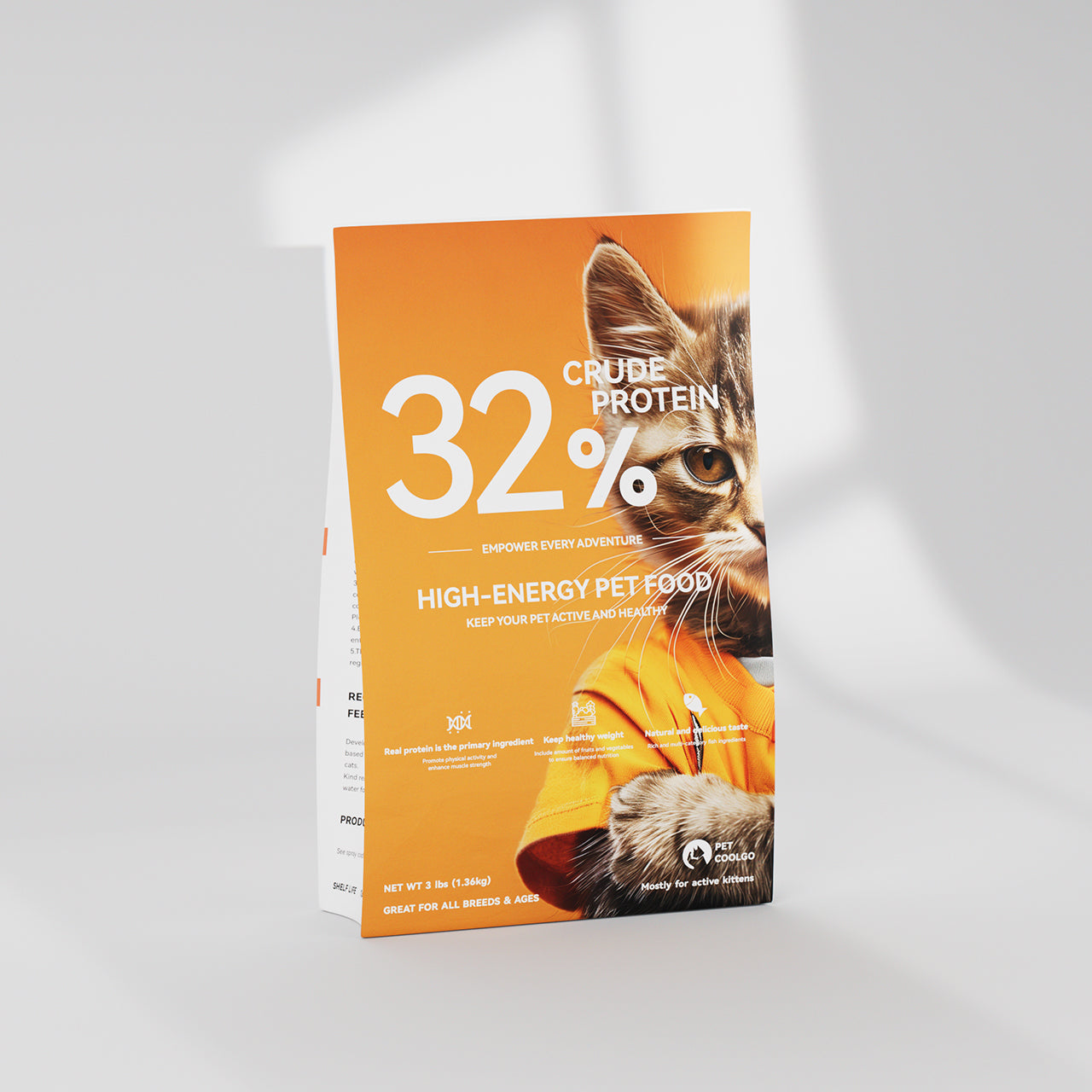Unlock the Secret to Happy Tummies: Discover the Ultimate Dry Cat Food for Sensitive Stomachs!
Choosing the right dry cat food is crucial for ensuring the health and happiness of our feline friends, especially those with sensitive stomachs. Many cat owners may notice their pets displaying symptoms such as vomiting, diarrhea, or excessive grooming, often linked to dietary sensitivities. These issues can stem from various factors, including food intolerances and allergies. This article aims to guide you in selecting the best dry cat food for sensitive stomachs tailored for sensitive stomachs, ensuring your cat enjoys mealtimes without discomfort.

Understanding Sensitive Stomachs in Cats
A sensitive stomach in cats can be a challenging issue that affects their overall health and behavior. When a cat's digestive system is easily irritated, it can lead to a range of uncomfortable symptoms. Common causes of sensitive stomachs include food intolerances, allergies, and even sudden changes in diet. For instance, a friend of mine had a rescue cat that would frequently vomit after mealtime. After consulting with a veterinarian, they discovered that the cat was intolerant to certain protein sources commonly found in commercial cat food. Understanding these sensitivities is essential as it allows pet owners to make informed decisions about their cat's diet, ultimately leading to a happier and healthier life.
Key Ingredients to Look For
When selecting dry cat food for a sensitive stomach, high protein content is vital, particularly for growing kittens. Cats are obligate carnivores, meaning they thrive on a protein-rich diet. High protein kitten dry food supports proper growth and development, ensuring they receive essential nutrients. Additionally, grain-free options are often beneficial for cats with sensitive stomachs as they tend to be easier to digest and less likely to cause irritation. Other beneficial ingredients include probiotics, which promote gut health, and easily digestible carbohydrates, such as sweet potatoes. Incorporating these elements into your cat's diet can significantly enhance their overall well-being and digestion.
What to Avoid in Dry Cat Food
Choosing the right dry cat food also involves knowing what to avoid. Many commercial cat foods contain fillers and artificial additives that can irritate a cat's digestive system. Ingredients like corn, soy, and certain grains can be particularly troublesome for sensitive stomachs. It's essential to steer clear of low-quality protein sources, which may not provide the necessary nutrients and can lead to gastrointestinal upset. My neighbor's cat experienced significant improvements in health after transitioning to a diet free from these irritants. Avoiding these common pitfalls ensures that your cat receives the best possible nutrition without unnecessary discomfort.
Finding the Right Balance: Nutritional Needs
Understanding the nutritional requirements of cats with sensitive stomachs is crucial. A balanced diet should include an appropriate mix of proteins, fats, and carbohydrates, tailored to your cat's specific needs. Consulting a veterinarian can provide personalized dietary advice, ensuring your cat's unique requirements are met. For instance, adjusting the fat content can help support digestion while providing energy. Overall, finding the right balance in nutrition not only assists in managing sensitive stomachs but also contributes to the overall health and vitality of your beloved feline companion.
Enhancing Your Cat's Diet for Healthier Digestion
In conclusion, selecting the best dry cat food for sensitive stomachs involves understanding the unique needs of your feline friend. By focusing on quality ingredients, avoiding irritants, and ensuring a balanced nutritional profile, you can significantly enhance your cat's well-being. It's essential to take proactive steps in improving your cat's diet, ultimately leading to happier tummies and healthier lives. Remember, a little effort in selecting the right food can make a world of difference for your sensitive kitty.








